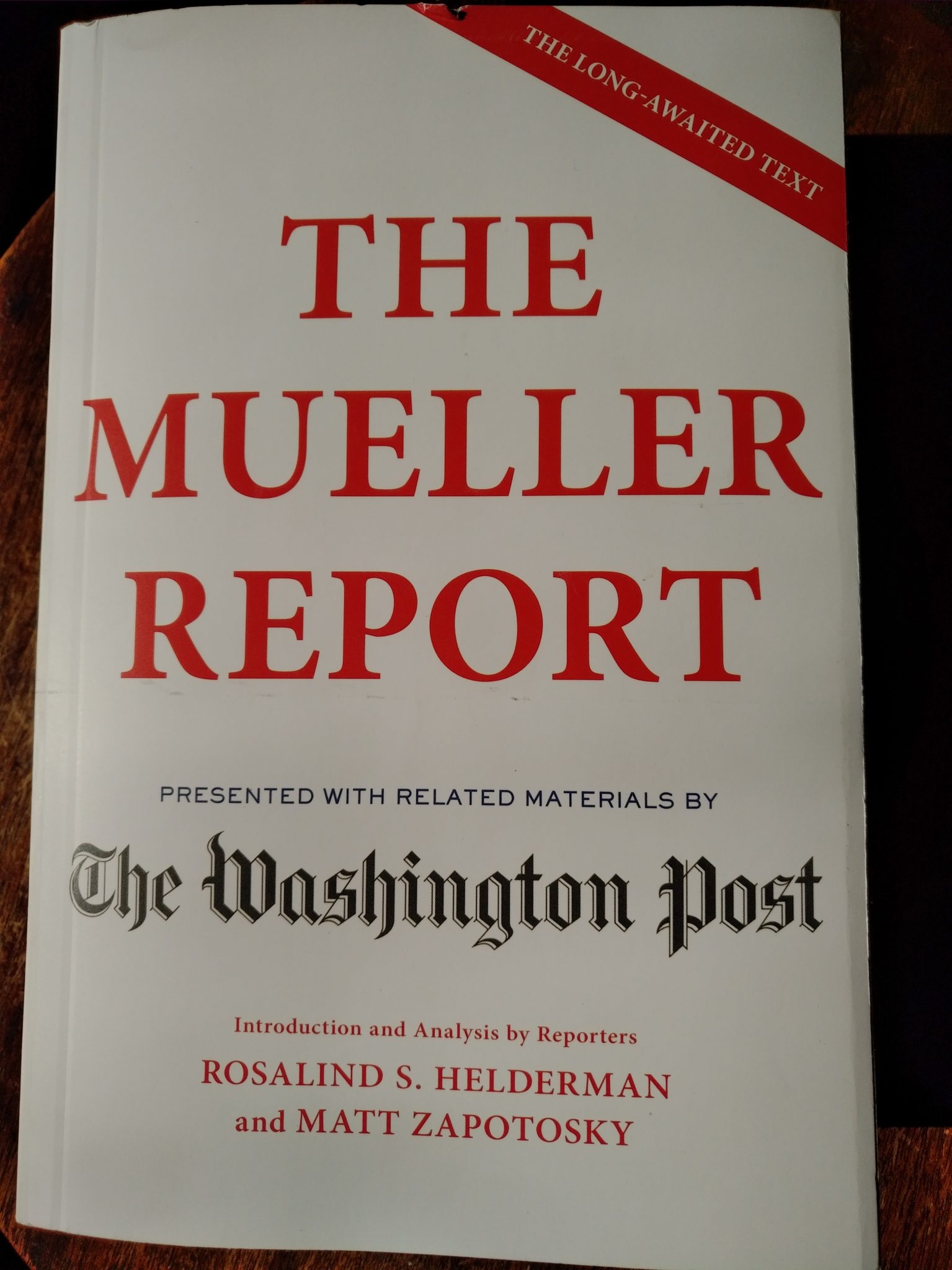July 2, 2024, UPDATE:
Opinion: We should all dissent from the Supreme Court’s immunity decision, and not respectfully
This article below is from the Opinion section of the Los Angeles Times, July 1, 2024. It was written by the Dean of the University of California Berkeley School of Law.
“As Justice Sonia Sotomayor powerfully said in her dissent in Trump vs. United States, the Supreme Court on Monday made ‘a mockery of the principle, foundational to our Constitution and system of Government, that no man is above the law.’ In a 6-3 decision, the six Republican-appointed justices handed a stunning victory to Donald Trump in broadly defining the scope of absolute presidential immunity from criminal prosecution.
Roberts concluded his opinion by rightly saying: ‘This case poses a question of lasting significance.’ Unfortunately, the court gave an answer to that question that undermines the rule of law and creates a serious future threat to our democracy in placing the president largely above the law.”
Erwin Chemerinsky is a contributing writer to Opinion and the dean of the UC Berkeley School of Law.
January 9, 2020, UPDATE:
On December 18, 2019, The United States House of Representatives voted to Impeach Donald Trump, HR RES 755. “The House of Representatives shall chuse their Speaker and other Officers; and shall have the sole Power of Impeachment.” United States Constitution Article I Section 2 clause 5. “The Senate shall have the sole Power to try all Impeachments. When sitting for that Purpose, they shall be on Oath or Affirmation.

